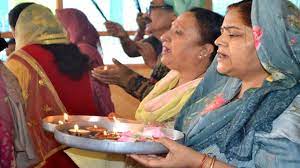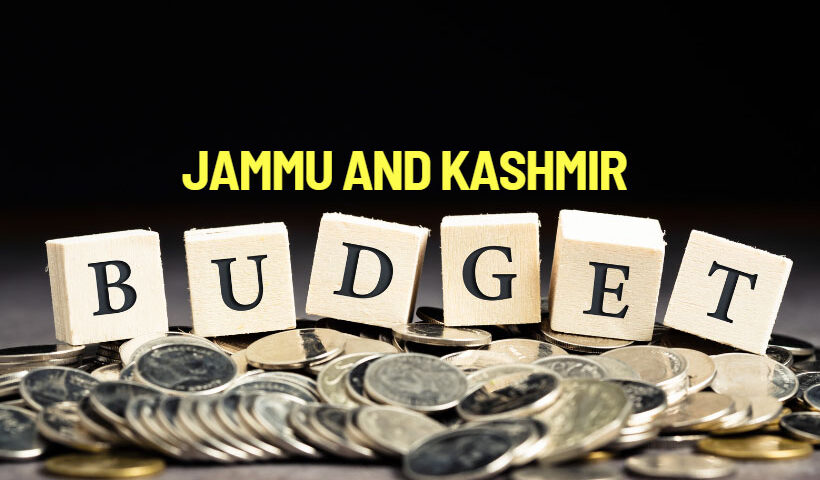Stripping Kashmiri Pandit women of their migrant status on marrying non-migrants discriminative, unjustified: High Court
Srinagar, Nov 30: The High Court of Jammu & Kashmir & Ladakh recently addressed the issue of whether a Kashmiri Pandit woman, who migrated from the Valley after 1989 for security reasons, would lose her ‘migrant’ status upon marrying a non-migrant. The Court ruled that such women would not lose their migrant status just because of their marriage to a non-migrant [UT of J&K and Others v. Seema Koul and Anr.].
During the 1990s, Kashmiri Pandits were fled the Valley due to a surge in the conflict. In 2009, the State of Jammu & Kashmir introduced special job opportunities for migrants to aid their return and rehabilitation in Kashmir.
A Division Bench of Justices Atul Sreedharan and Mohd Yousuf Wani, on November 11, examined whether a Kashmiri migrant woman would forfeit her migrant status merely by marrying a non-migrant, reported Bar and Bench.
In response to this “question of public importance,” the Court observed that such a stance would be counterproductive to human nature. It explained that these women had to leave their homes in Kashmir due to no fault of their own, and they should not be expected to remain unmarried just to preserve their migrant status and qualify for jobs in the Valley. The Court attributed this issue to the patriarchal nature of society, asserting that such discrimination could not be justified, especially in employment matters.
The Court also noted that due to the forced migration, it was unrealistic to expect every Kashmiri woman to find a suitable Kashmiri match. It stressed that if a woman had to marry a non-migrant, driven by the natural desire to form a family, it would be unjust and discriminatory to strip her of her migrant status.
Further, the Court pointed out the gender bias in the situation, where male migrants retain their migrant status even if they marry non-migrants, highlighting the inequity rooted in patriarchy.
“Such a situation has arisen only on account of patriarchy that prevails in the human race,” the Court remarked. The Court firmly stated that such discrimination should not be allowed in employment matters under the State/UT.
The case arose from an appeal filed by the Jammu & Kashmir government challenging a Central Administrative Tribunal (CAT) order that had directed the appointment of two Kashmiri Pandit women as Legal Assistants in the Department of Disaster Management, Relief, Rehabilitation, and Reconstruction. The women had been removed from the final selection list because they had married non-migrants. The State contended that the women had concealed this fact.
The counsel for the women argued that their migrant status could not be nullified simply due to their marriage to non-migrants. The High Court upheld the CAT’s ruling, stating that there was no question of revoking their migrant status.
According to the Court, a migrant is defined as someone who was forced to leave the Kashmir Valley after 1989, a fact that the appellants (State) did not dispute. Therefore, there was no question of disputing the women’s status as migrants.
The Court also dismissed the State’s argument that the women had failed to disclose their marriage status, pointing out that the advertisement notice did not specify that failure to disclose such information would lead to the cancellation of their candidature.
Furthermore, the State had not shown that any material injustice had occurred due to this non-disclosure. Therefore, this argument was also rejected.
Finally, the Court dismissed the State’s appeal and ordered the authorities to issue the appointment orders for the two women within four weeks.
The State was represented by Senior Additional Advocate General Monika Kohli and Advocate Bhannu Jasrotia, while Senior Advocate Bimal Roy Jad, along with Advocates Meenakshi Salathia Kaur and Veenu Gupta, represented the respondents.




